Multi City Pilot Activity: Climate Funding 4 Cities - Turbocharching citizen engagement and climate actions in EU-Mission Cities Klagenfurt, Vilnius and Gozo
Background
The project focuses on the exploration and exploitation of potential future climate actions in Klagenfurt, Vilnius and Gozo. The three cities have different climate-related challenges due to their geographical position, different population numbers, and development. However, they have in common that despite having implemented various climate actions, those have not yet unfolded their full potential.
Three primary goals are being followed:
1. To raise awareness and train citizens and businesses towards a more climate-friendly behavior as well as, to foster reciprocal cooperation and exchange between public administration, citizens and businesses in the context of climate actions.
2. The conceptual development and implementation of a Climate Fund to raise private capital for small-scale climate actions. It is foreseen to connect the Climate Fund with an ideas competition, stimulating citizen participation in climate actions and connecting the Climate Fund with a Training Programme.
3. Each city will develop and implement an individual pilot project concentrating upon a relevant area.
The following central barriers will be addressed during the project:
- Behavioural stubbornness and lack of awareness among citizens and stakeholders
- Lack of private capital for climate actions
- Missing cooperation between all relevant stakeholders
Description of Activities
Common focus areas in the 3 cities:
- Development and implementation of a Climate Fund to raise private capital from the private/business sector for climate action and to financially support small-scale projects in the cities.
- Development and execution of training programme for citizens and stakeholders.
- Awareness raising measures and launching an international Knowledge Hub to share knowledge about data and best practices on citizen engagement.
- Creating an international stakeholder board for the project to build cooperation partnerships and engage relevant stakeholders to turbocharge common climate actions on a city level.
Thematic individual projects in each city:
- Klagenfurt will focus on interactive sensibilization and information sharing measures in a large amusement park, where currently different climate action measures (e.g., e-car infrastructure, photovoltaic) are being implemented.
- Vilnius will focus on thepreparation and implementation of a low-emission zone in the old town of Vilnius. Data shows that emissions from traffic are fundamental issues affecting health and life-quality.
- Gozo will deploy aninnovative mobility tracking device for students. The device will collect anonymous mobility data (e.g. walking distance) which will be used to analyse the mobility shift and quantify the benefits of walking to school. The benefits will be communicated in terms of direct impacts (emission reductions) and co-benefits such as positive health effects.
Objectives
Train citizens and stakeholders for climate actions, and to develop an alternative, innovative financing approach, which acquires private capital being collected in a Climate Fund, allowing cities to finance the implementation of small-scale climate action projects of business, associations and citizens.
Are cities building upon or part of a previous and/or existing activity?
Klagenfurt:
- KEBIP 2.0 project: Klagenfurt plans to convert its entire bus fleet to climate-friendly, alternative technologies by 2026.
- Mission 2030 project: development of climate-neutral neighbourhoods, and fostering citizen participation through the Smart Climate Lab.
Vilnius:
- Campaigners: the project gathers data on and researches low-carbon lifestyles through citizen participation . It tackles critical lifestyle-related challenges using a powerful research base (citizens)to develop targeted solutions
- InnovaSUMP: the project tackles policy and funding for sustainable mobility solutions, benefiting urban renewal, social inclusion, and economic competitiveness.
Gozo:
- Introduction of Sustainable Multimodal Intelligent Transport Hubs across Malta & Gozo – Park and Ride Gozo.
- eBussed – Building capacities for European-wide e-bus deployment: improving the implementation of public policies to support regions transitioning towards low-carbon public transport.
Which emissions domains will the pilot activity address?
Systemic transformation – levers of change the pilot activities will exploit
Stakeholder types that cities would like to engage in the pilot activities
Transferable features of pilot activities to a Twin City/ies
- Awareness-raising measures and activities (particular focus on youth) in the form of trade fairs, websites, communication materials for the local population, training programmes for local decision-makers and stakeholders, but also the sharing of best practice results and work package results via the Knowledge Hub.
- How to attract innovative funding through private capital: with the introduction of the Climate Fund in all three cities, financed by private cooperation partners and for specific purposes in the form of idea competitions or direct project applications for funding from the Climate Fund.
This answer is not exhaustive and simply an indicative one.
Enabling conditions that will support the successful replication of your pilot activities in the Twin City
The attitude and motivation of the involved politicians and corresponding departments of the Twin City are the primary enabling conditions for a successful replication of Climate Funding 4 Cities.
The necessary skills can be learned and the central foreseen activities are adjustable to the local conditions (infrastructure, legal and economic context), if the politicians and corresponding employees of a Twin City are serious about climate-action, identify themselves with the topic and undertake corresponding measures.
This answer is not exhaustive and simply an indicative one.
What do cities want to learn from Twin City/ies?
- Raising private capital for climate actions
- Activation and training of citizens
- Stakeholder engagement (businesses, organisations)
- Possible future joint projects (extension of network and relationships)
This answer is not exhaustive and simply an indicative one.

